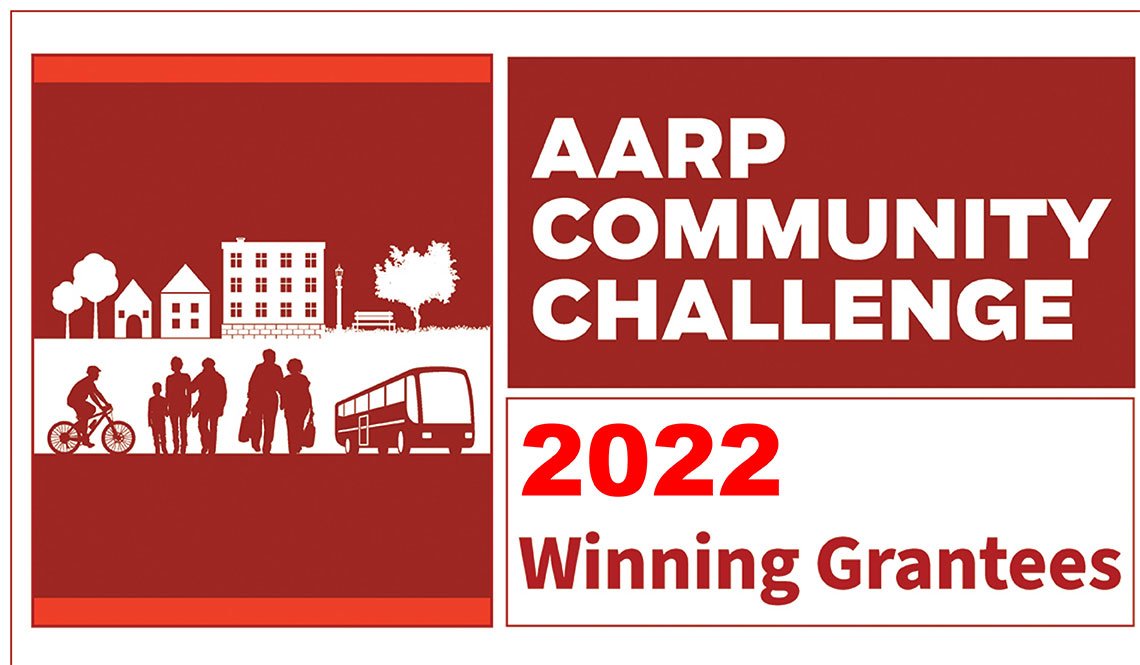
our community vision
“In ancient times, Lihue was a minor village. Līhuʻe means "cold chill" in the Hawaiian language.
Lihue is in the ancient district of Puna, the southeastern coast of the island, and land division (ahupuaʻa) of Kalapaki. Royal Governor Kaikioʻewa officially made it his governing seat in 1837, moving it from Waimea; he gave the town its name after the land he owned on Oahu by the same name.
By 1880, Lihu`e was consider the most important town on the island; in 1888 it boasted several stores, two schools and a livery stable. Two years later enough travelers passed through the area to justify the establishment of a full—fledged hotel on the main road between the village and Nawiliwili.
Given its central location and commercial vitality, Lihu`e Town was an obvious choice in 1905 to be selected as the island’s county seat, and by the end of the decade Government officials had determined the need to construct an imposing new county building to house government affairs 1n the center of town. In 1912 the County bought a five acre tract of land from Lihue Plantation along the main road to Nawiliwili, now named Rice Street but then listed generically on most maps as "government road" and colloquially called the main street.
In the 1920s and 1930s, Lihue Plantation concentrated commercial enterprises along now Kuhio Highway. The telephone the road running north of Lihue Store and Tip Top, eatery, dentist, insurance company, automobile dealerships, soda-making firm, newspaper, insurance agency, and other establishments set up shop in what became the town’s central business district, though workers’ houses would intermingle with commercial buildings in this neighborhood for many years.
In 1968 the Kaua’i County Charter was adopted into law.”
Excerpt from Līhuʻe, by Pat Griffin
Since the development of the Līhuʻe Community plan, the Downtown Līhuʻe community has been engaged in the revitalization of community experiences, small businesses, and community spaces. The following resources are designed for our community and incoming visitors to utilize as part of their navigation here in town. We hope that the shared values and knowledge will allow for our collective growth and sustainability.
Līhuʻe Community plan
The LCP seeks to implement a vision for the Līhu‘e District as a place with connected, walkable, and vibrant communities that reflect a unique identity and sense of place.
Kauaʻi general plan
Kauaʻi’s strengths lie in both the individual and collective sense of independence and kuleana that its people share. We must rely on one another, address challenges directly, become more self-sufficient, and protect the physical environment and culture that make Kauaʻi special.
Līhu'e Civic Center Mobility Plan
This project will create a plan for the Līhu‘e Civic Center area that will identify multimodal transportation access and parking management strategies to better support people’s travel within and to the area while supporting the County of Kaua‘i and State of Hawai‘i Transit Oriented Development (TOD) efforts.
Rice street revitalization study
Phase I of the study was intended to identify key issues and conditions, as reported by respondents through the survey and interview, and to identify the most useful options for on-site consulting to be conducted in Phase II, which will take place in September of 2017.
Līhuʻe town core urban design plan
Lihue is Kauai's administrative, business, and transportation center, and was identified as the "Heart" of Kauai in the General Plan 2000 Update. The Plan guides the revitalization of Lihue by establishing special planning areas that provide recommendations for mixed-use zoning, historic preservation, building design, and streetscaping. Guidelines for improved vehicular, bicycle, and pedestrian circulation are also included.
Upcoming projects
Community Gardens
Wifi Hotspots
Native Street Trees
Public Murals
Placemaking
UPcoming projects
Community Dinners
Public Murals
Green Infrastructure
Community Gardens

